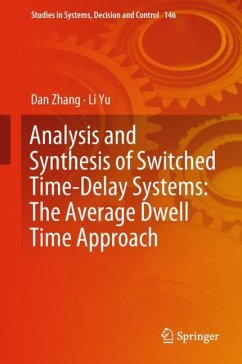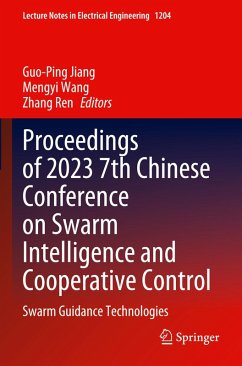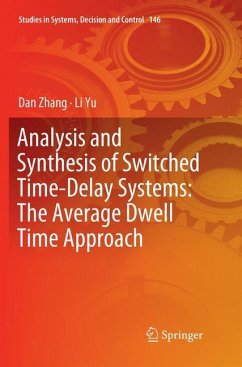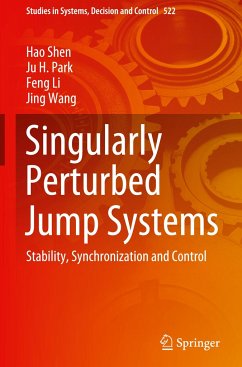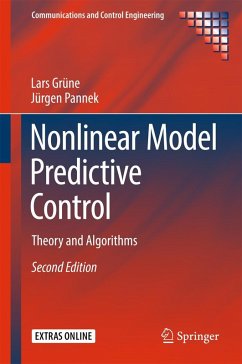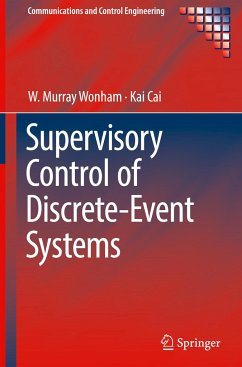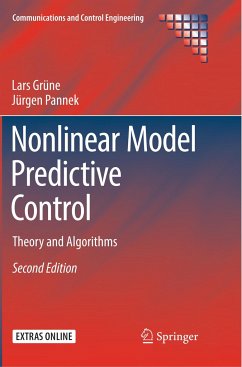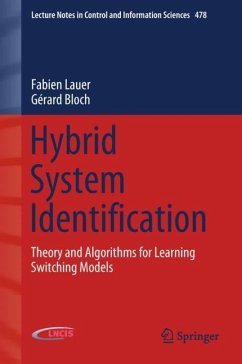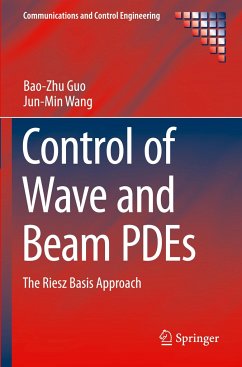V. K. Jain is a professor at Amity University, Noida, currently heading the Amity Institute for Advanced Research Studies (Materials & Devices) and the Institute of Renewable and Alternative Energy. A Ph.D. in Solid State Physics from IIT Delhi (1970), he brings over five decades of pioneering R&D experience in semiconductors, MEMS/NEMS, photovoltaics, sensors, and nanotechnology. He superannuated as Scientist-G and Division Head at DRDO-SSPL and later served as CSIR Emeritus Scientist at NPL. Dr. Jain is among the initiators of MEMS technology in India and led the development of space-grade silicon solar cells. His seminal work on electroluminescence in porous silicon received international acclaim. With over 200 publications and 60+ patents (28 granted), his innovations—like fly-ash batteries, room-temperature LPG sensors, and agrivoltaics—have been successfully transferred to industries. Om Prakash Sinha is an acting director and head of the Amity Institute of Nanotechnology, Amity University, Noida. With over 28 years of research experience, he specializes in nanoscience and semiconductor nanomaterials, including graphene, quantum dots, and 2D/3D systems. A Ph.D. in Physics from Banaras Hindu University, he has been a Marie Curie Fellow and Postdoctoral Researcher in Poland, Germany, and Finland. Dr. Sinha has authored numerous papers, guided major national projects, and holds 10+ granted patents in sensors, photovoltaics, and nanomaterials. His work focuses on ion beam-induced nano structuring, flexible electronics, and polymer-semiconductor composites. He serves on editorial boards of reputed journals and frequently chairs sessions in international conferences. Prof. Sinha is a leading voice in applying nanotechnology for energy, electronics, and healthcare innovations. Abhishek Verma is a professor at Amity Institute of Renewable and Alternate Energy, Amity University Uttar Pradesh, Noida, and serves as the member secretary of the S&T Domain (Research). He earned his Ph.D. in Electronic Science from Delhi University and completed postdoctoral research on solar cells at the National University of Singapore. His research spans solar photovoltaics, solar thermal energy storage using nano-enhanced PCMs, agrivoltaics, clean energy systems, quantum dots, sensors, and nanomaterials like Si nanowires and CNTs. Dr. Verma has led the development of several innovative technologies including thermal cooling layers for solar panels, hybrid solar trees, advanced optical/gas sensors, and sustainable agrivoltaic systems. He has authored 50+ papers, edited 6 books, filed 30+ patents (6 granted), and led 7 government-funded projects. A recipient of the TECO Taiwan Best Originality Award, his agrivoltaic innovation was a finalist in the Times Higher Education Award 2024. Ritu Srivastava is a senior principal scientist at CSIR-National Physical Laboratory, New Delhi, working in the Photonic Materials Metrology division. With a Ph.D. in Physics from Banaras Hindu University, her research focuses on organic semiconductors, perovskite materials, and 2D nanostructures for applications in optoelectronic devices like OLEDs, solar cells, and thin-film transistors. She has led pioneering work on lead-free double perovskite nanocrystals and luminescent security inks. Dr. Srivastava holds multiple patents, has over 170 publications, and serves as AcSIR Coordinator at NPL. She is also an associate editor and the member of several scientific committees and professional societies. Manish¿Kumar¿Hooda is the head of the Technology Development Division at India’s Semi Conductor Laboratory (SCL), Mohali, under the Department of Space (now Ministry of Electronics & Information Technology). He joined SCL in May 2004 after earning his Master’s degree and completed his Ph.D. in Microelectronics from Kurukshetra University in 2007. With over 18 years at SCL, Dr. Hooda led process development for MEMS devices, developing key fabrication enablers for pressure, temperature, humidity sensors, micro thrusters, accelerometers, gyroscopes and varactors used in satellite payloads and spacecraft systems. He played a pivotal role in integrating 180¿nm CMOS technology on 200¿mm wafers—one of India’s first such facilities. As head of his division, he now oversees establishment of compound semiconductor manufacturing infrastructure (III V and II VI materials), targeting high power switching and detector applications for future Indian space missions. Satinder Kumar Sharma is a professor in the School of Computing & Electrical Engineering at IIT Mandi and coordinator of the Center for Design & Fabrication of Electronic Devices (C4DFED). He also serves as the dean of faculty at the institute. His research interests include CMOS device fabrication and characterization, MEMS/NEMS, advanced lithography, sensors, and VLSI technologies. He leads the Device Engineering Lab (DEL) Group, focusing on nano/micro-fabrication, optoelectronics, photovoltaics, and logic devices. Prof. Sharma has made significant contributions to semiconductor process technologies, is actively involved in collaborative research and development projects, and holds several patents and publications in reputed international journals and conferences. He is also a key figure in advancing India’s academic microfabrication infrastructure.





